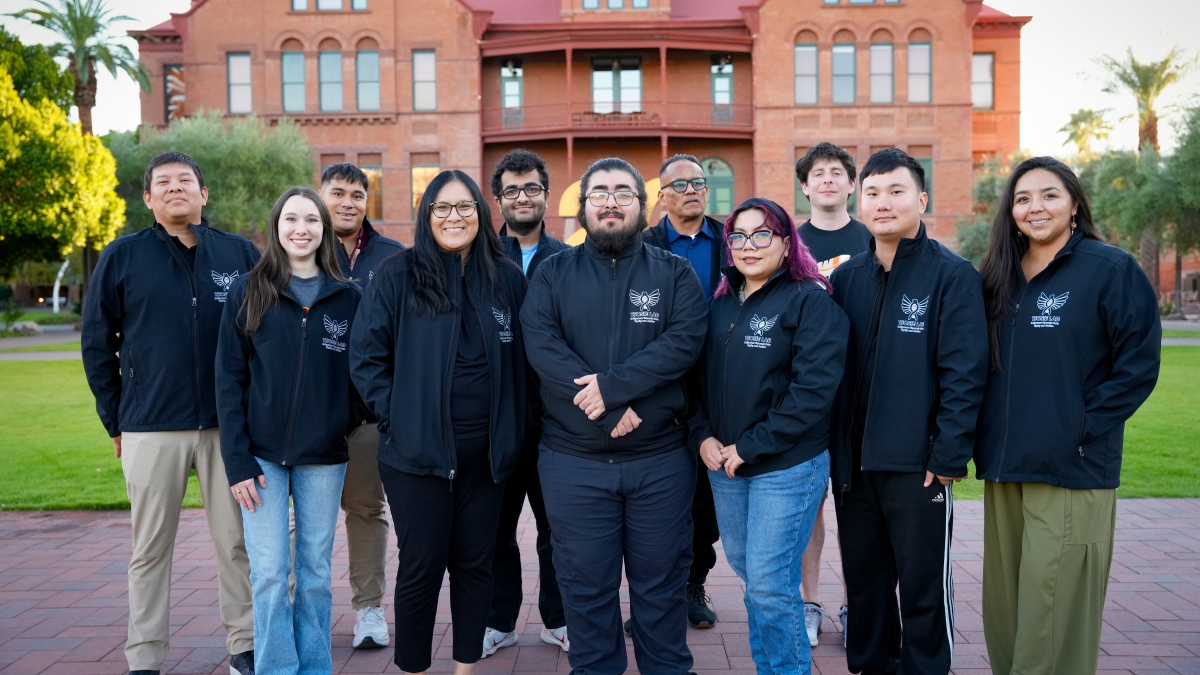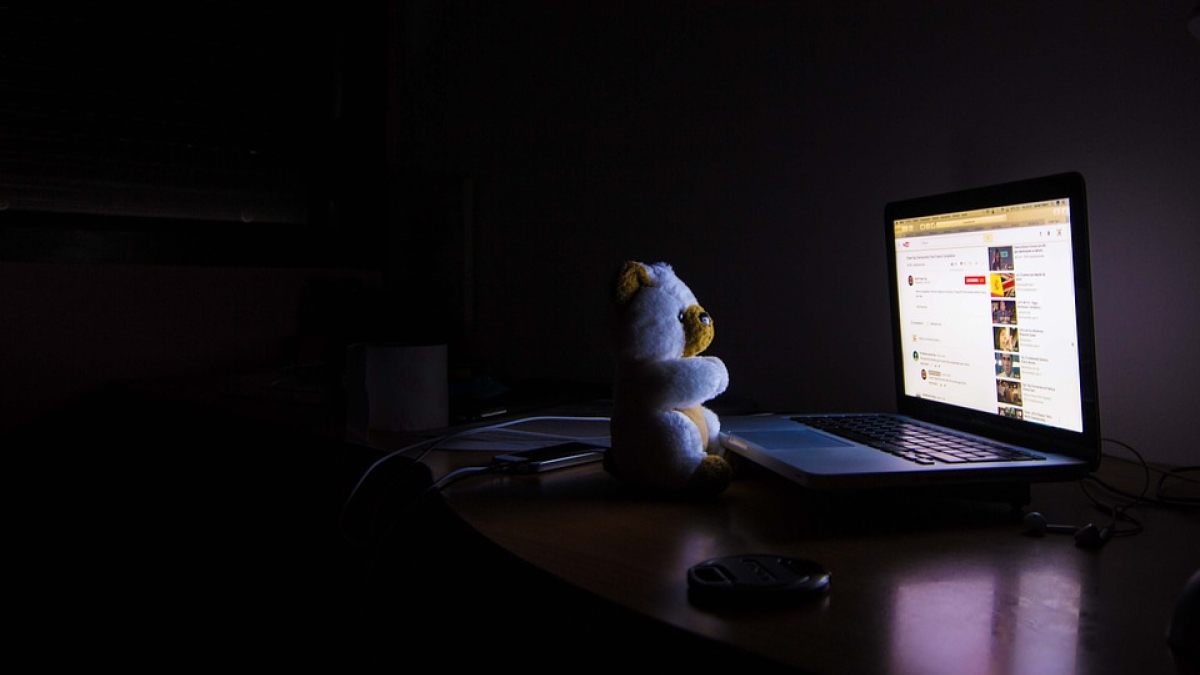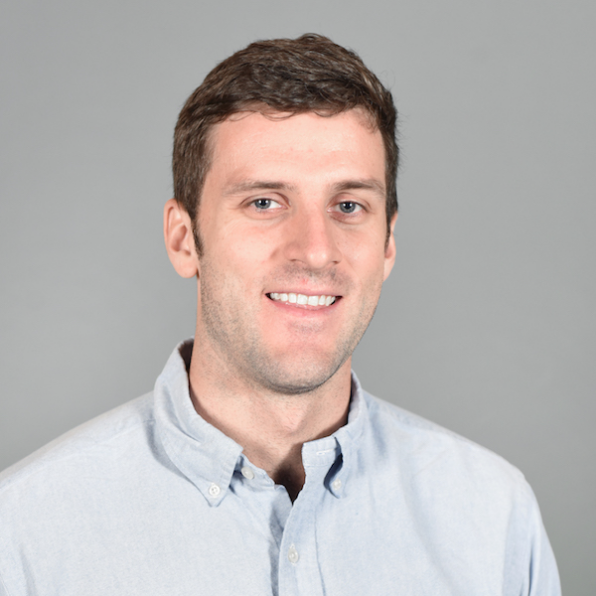If you’ve been tempted lately to pull a Jughead and draw pupils on your closed eyelids to catch a few extra Z’s in your morning meetings, you’re not alone.
Connor Sheehan — an assistant professor at Arizona State University’s T. Denny Sanford School of Social and Family Dynamics — and his colleagues, including ASU alumna Jennifer Ailshire, reported in a recent paper published in the journal Sleep that Americans, especially Black and Hispanic people, say they’re sleeping less.
Not only could that spell trouble for health, it could exacerbate social inequality.
“I’m really interested in how sleep is kind of a mechanism that links inequality in the social environment to health outcomes,” Sheehan said. “It’s a way social inequality leads to people living shorter or healthier, longer lives."
He and his team used data collected by the National Health Interview Survey from 2004 to 2017, for which just under 400,000 noninstitutionalized adults ages 18-84 reported how much they slept on average in a 24-hour period.
“Short sleep” was categorized as six or less hours in a 24-hour period, “adequate sleep” was categorized as roughly seven to eight hours and “long sleep” was categorized as nine or more hours.
Researchers controlled for a number of factors, including age, gender, marital status, number of kids, income, education, weight and psychological factors.
They found that the number of people reporting “short sleep” increased by 4 percent between 2012 and 2017.
“That might not sound like a lot, but that’s a huge number of adults,” Sheehan said. “That’s like the population of New York City, or two Phoenixes, who are sleeping worse over four years.”
To find out why that might be — and what we can do about it — ASU Now had a few questions for Sheehan.
Connor Sheehan
Question: Why are Americans sleeping less?
Answer: We couldn’t say for sure why that is, but we have some ideas. Americans are really, really stressed out right now. The American Psychological Association found in 2017 that Americans were as stressed as they’ve ever been. That’s kind of remarkable. The sleep decline also corresponds with other basic measures of health in the U.S., such as the fact that people are living shorter lives than they were a decade ago. I think a huge thing is the increase in smartphone use, which we talk about in the paper. In 2011, 30 percent of Americans had a smartphone. By 2017, it was up to 70 percent. A lot of people use their smartphones before bed, so they’re looking at a bright light right before trying to fall asleep, which is really bad. Your body sleeps best in dark circumstances. If you have a bright light on, like a TV or a phone, your body thinks it’s still daytime and that it should still be awake.
Q: Your paper found that Black and Hispanic people, especially, are getting less sleep. Why is that significant?
A: Black and Hispanic people are already generally less healthy than white Americans, and with poor sleep generally comes poor health, so going forward, this could exacerbate the situation. Sleep isn’t only important for physical health, it’s important for socializing, job performance, driving, etc. We know that Black and Hispanic people were hit particularly hard by the recession. And — this part is only speculation; our study still controlled for income and education — but it’s possible that an increase in race-related discrimination, police violence and focus on deportation from 2013 to 2017 had an effect.
Q: What are the consequences of not enough sleep?
A: Right away, your immune system functions less well. But as someone who’s really interested in population health, it puts you at a higher risk for chronic diseases such as heart disease and diabetes. In addition, more and more research is showing that sleep is really important for brain function; it pretty much cleans your brain while you’re sleeping. Not sleeping well is very strongly linked to Alzheimer’s and dementia.
Q: Do you have any tips for better sleep?
A: Sleep in a dark room and try to not use your phone or watch TV right before bed. Don’t eat too much right before bed and stop drinking caffeine early in the day. Keep your room at a comfortable temperature. You shouldn’t be doing many other things aside from sleeping in bed. You shouldn’t be working or eating in bed, for example, because it’s best if your brain only associates your bed as a place to sleep.
More Science and technology

Indigenous geneticists build unprecedented research community at ASU
When Krystal Tsosie (Diné) was an undergraduate at Arizona State University, there were no Indigenous faculty she could look to in any science department. In 2022, after getting her PhD in genomics…

Pioneering professor of cultural evolution pens essays for leading academic journals
When Robert Boyd wrote his 1985 book “Culture and the Evolutionary Process,” cultural evolution was not considered a true scientific topic. But over the past half-century, human culture and cultural…

Lucy's lasting legacy: Donald Johanson reflects on the discovery of a lifetime
Fifty years ago, in the dusty hills of Hadar, Ethiopia, a young paleoanthropologist, Donald Johanson, discovered what would become one of the most famous fossil skeletons of our lifetime — the 3.2…

